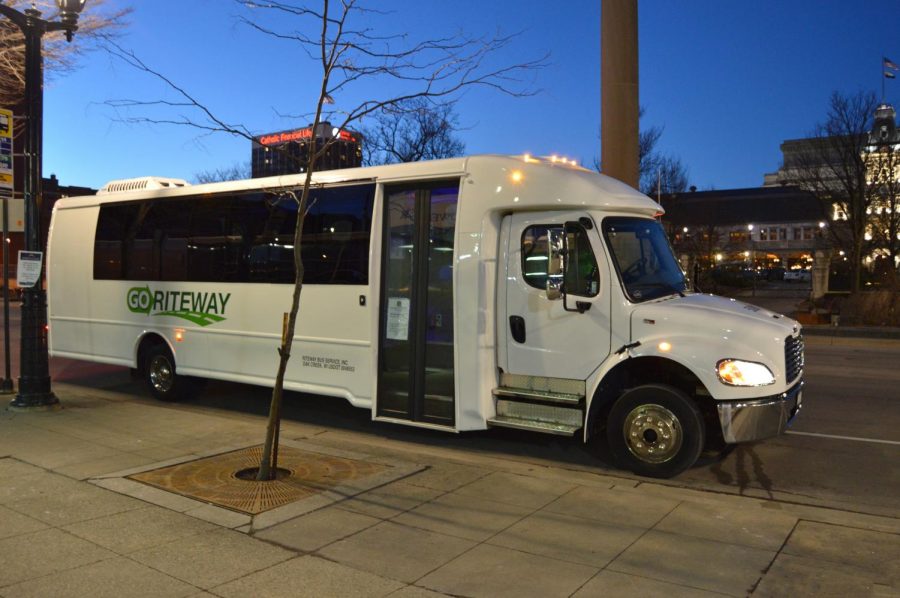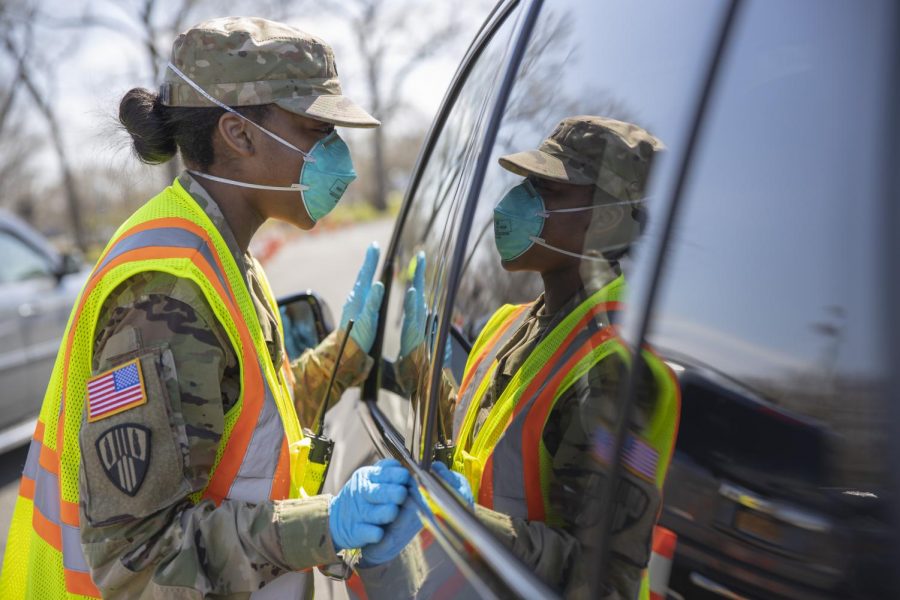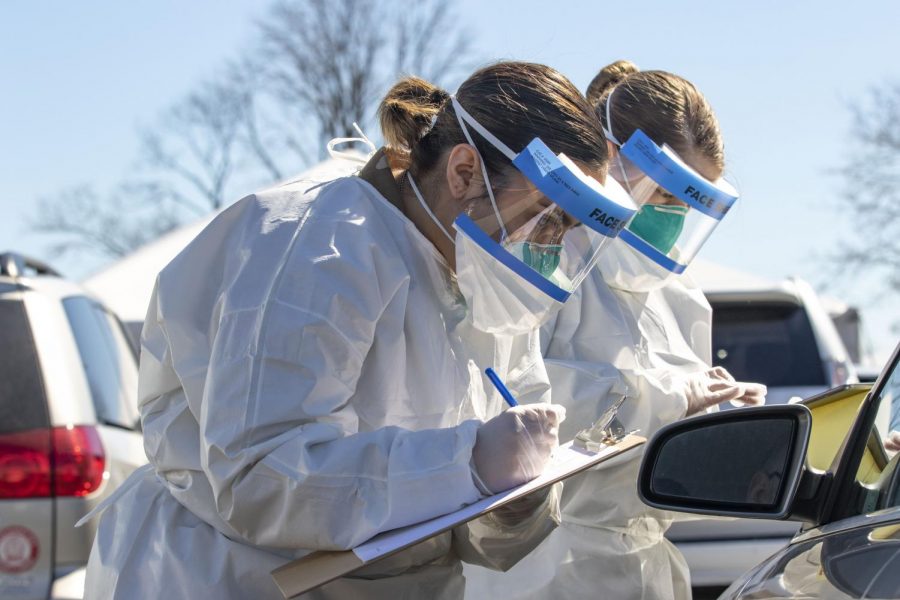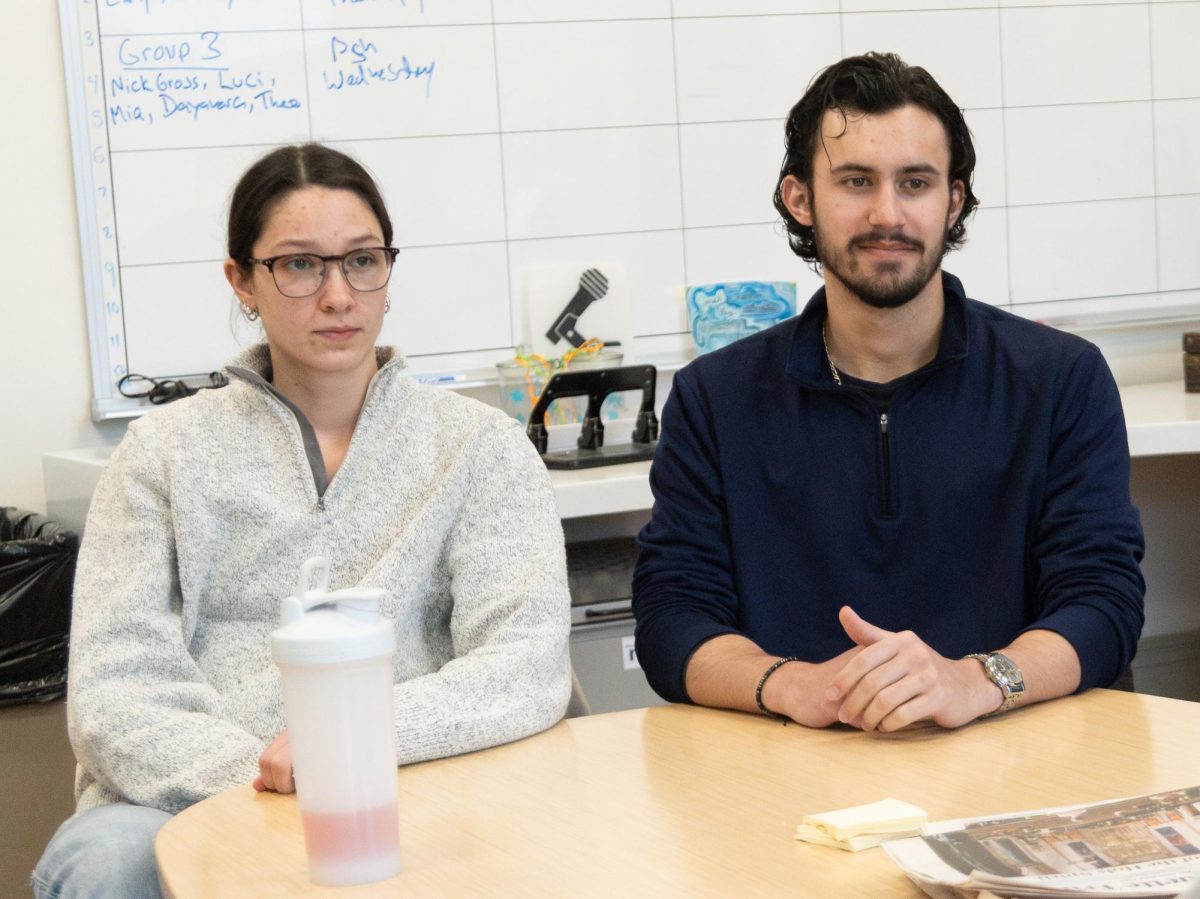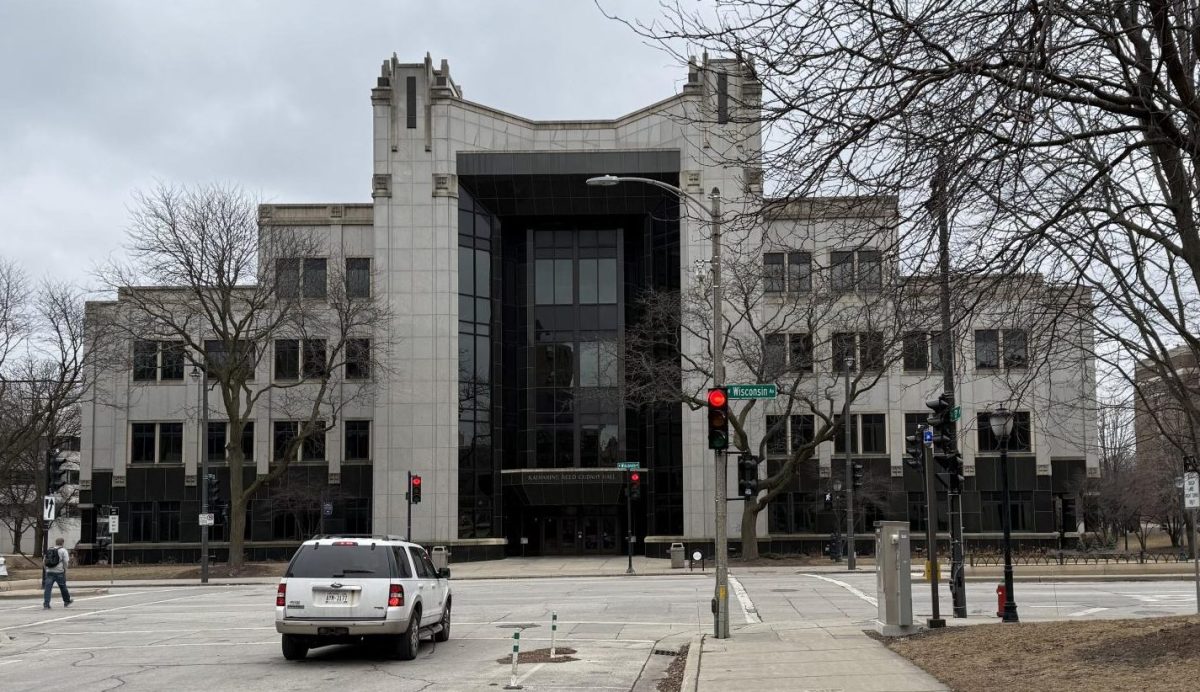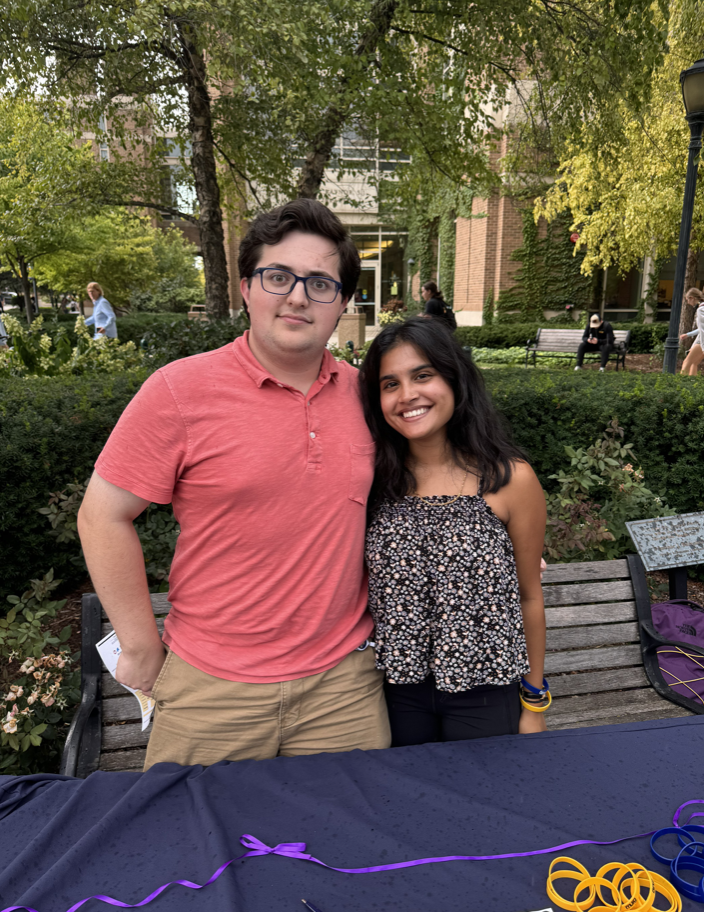Marquette University Student Government’s decision to postpone spring elections due to COVID-19 concerns was not necessary with the option to utilize alternative modes of communication with students, which would maintain voter turnout and protect the right of student voters.
MUSG spring elections have been moved to the fall 2020 semester with a tentative election date of September 17.
MUSG shared a statement April 14 regarding spring election updates on social media and the MUSG website. The statement said holding spring elections virtually would be “logistically challenging, potentially minimizing the interactions between candidates and the undergraduate voting community, (and) some candidates would have been at a disadvantage due to COVID-19’s personal impact on them and their families.”
Concern about the logistics of conducting virtual elections is not significant reason enough to postpone a vital function of Marquette’s student government. Even under normal circumstances when students are on campus, the majority of MUSG campaigns and elections are conducted online.
Additionally, with the transition to remote learning, online resources are more accessible than ever, and the majority of Marquette students would likely have been able to be present and engaged in MUSG spring elections.
MUSG’s concerns that there would have been minimal candidate interaction with students could have been resolved by holding virtual debates for students to view.
The 2020 MUSG candidates were scheduled to have an in-person debate March 22. The debate would have been broadcast by Marquette University Television, a branch of the Marquette Wire. After the university suspended in-person classes, MUTV reached out to MUSG to instead hold a virtual debate over a videoconferencing platform. The debate would have had a similar style to an in-person debate, and it would have been recorded for students to view.
However, with MUSG’s decision to postpone elections to the fall, MUTV was unable to conduct a virtual debate this spring.
Campaigning could have been conducted through the MUSG website and social media, as well as the candidates’ social media platforms. Students could have received MUSG emails regarding election updates and voting information.
Other universities have made these changes to their elections in order to adjust to the new circumstances.
University of Iowa’s student government held online voting March 30-April 3. Campaigning was conducted through social media and the university’s Undergraduate Student Government website.
Boston University’s student government conducted virtual debates over Zoom April 6 and held voting April 8-14.
University of Colorado Boulder’s student government conducted online voting from April 6-9.
In a March 25 article, MUSG elections coordinator Jimmy Carlton told the Marquette Wire that if the elections were to be held online this spring, there may be lower voter turnout than if elections were held in person.
MUSG could have extended the voting period from one day to four or five days to account for the extenuating circumstances that COVID-19 has presented and address the concern of lower voter turnout.
If students were given the necessary information on how to view debates, connect with candidates and vote online, postponing the spring elections would not have been necessary.
The decision to postpone spring elections was made by MUSG executive board in consultation with MUSG advisers and the MUSG elections coordinator, according to the April 14 statement.
Carlton said in an email that MUSG reached out to both campaigns of students running for office about their election date preferences. Carlton said one of the candidates raised legitimate concerns about conducting the elections now.
Carlton did not respond to the Marquette Wire’s request for a comment on what these specific concerns were.
He said the current MUSG E-Board and himself held a videoconference with both candidates to present their recommendations for the election date.
“After discussing the benefits and drawbacks of postponing the election with both candidates, we had a private eboard/election coordinator zoom meeting to make the decision,” Carlton said in an email. “We, as a group, decided to postpone the elections to the fall.”
Although the decision to postpone elections may be beneficial to the candidates, MUSG did not make a similar effort to hear input from the student body in this decision. MUSG functions and decisions should ultimately revolve around what is best for the electorate.
Additionally, past incoming officers had the end of the academic year and the summer to prepare to best serve the student body in their roles. Postponing spring elections does not allow the officers enough time to adjust to their new positions as the new officers will enter their new roles tentatively September 21, four days after the election date.
Though the pandemic presents unique and difficult challenges, MUSG should adhere to its democratic obligations as a governmental organization as much as possible. With accessible online resources and no precedent to postpone the elections, MUSG should have made proactive decisions to carry out spring elections for the benefit of the student body.
Correction: A previous version of this story incorrectly stated that the decision to postpone spring elections was made by the MUSG advisers and the MUSG elections coordinator. The story was updated to correctly state that the decision was made by the MUSG executive board in consultation with MUSG advisers and the MUSG elections coordinator. The Wire regrets this error.



